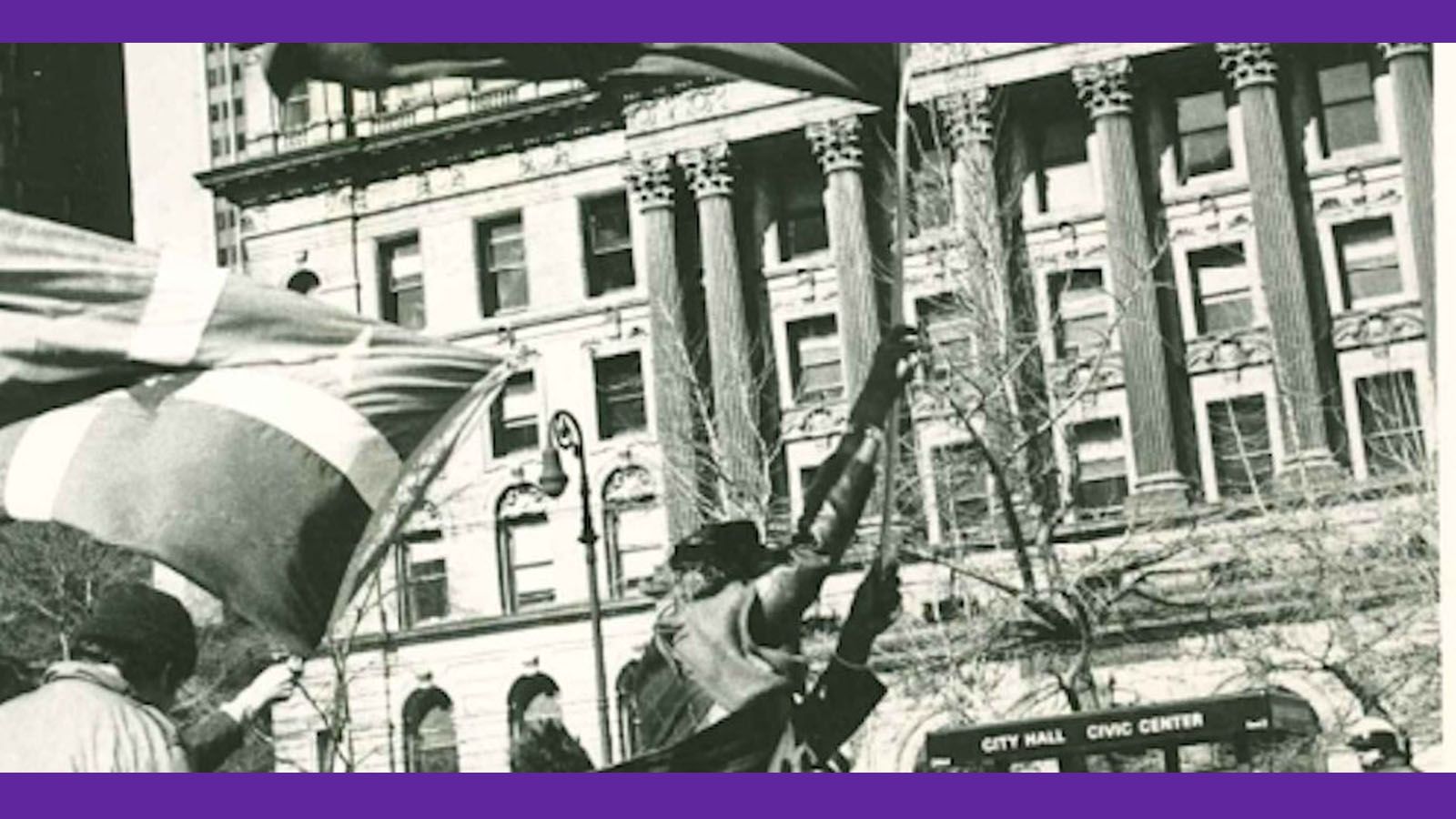
Events /
- This event has passed.
The Puerto Rican Radical Tradition

On March 1, 1954, Lolita Lebrón led a group of four members of the Puerto Rican Nationalist Party in an armed attack on the U.S. Congress, to dramatize the ongoing colonial nature of the territorial relationship, in the wake of the “Commonwealth” constitution of 1952. Seventy years later, while perspectives on the preferred solution may vary, there remains little doubt as to the colonial nature of that relationship, especially following the imposition by Congress of an unelected “fiscal oversight” board in 2016.
The political landscape in Puerto Rico seems to be shifting in dramatic and previously unexpected ways since then. In August 2019, then-governor Ricardo Rosselló was forced to step down, following a two-week uprising that reflected a heightened disposition to engage in confrontational protest tactics, especially by the younger generation. Developments in the 2020 elections, and in the build-up to the 2024 elections, seem to portend dramatic reconfigurations of the electoral arena, even as global dynamics raise new possibilities and challenges for decolonization. Enduring structural violences and the rise of far right politics in the U.S. also present challenges for an expanding Puerto Rican diaspora no longer concentrated in its traditional political enclaves.
The shifts can be explained, to some degree, by the convergence of a series of factors seriously eroding living conditions (in ways that are highly uneven by class, race, and gender, but also widely spread across the social spectrum) as well as the legitimacy of the political elite. However, the specific form and timing of these changes have been surprising, and their eventual outcomes (even in the near future), remain unpredictable. Some scholars, including Centro Research Associate José Laguarta Ramírez, argue that the growth of explicitly anti-colonial and progressive politics in the electoral arena, and the relative acceptance of confrontational means of protest beyond it, can only be grasped by accounting for the dynamics of a marginalized and relatively small, militant Left that has remained active and vocal through times of apparent stability.
In turn, the various tactical, discursive, and affective practices of such groups are nurtured by a long tradition of anti-colonial and anti-capitalist politics, in the archipelago as well as the diaspora. While in constant relation with ideas and struggles generated by other communities elsewhere, this tradition is steeped in internally contradictory yet distinctive experiences that give it singular Puerto Rican intonations. This symposium seeks to cast new light on this ever-evolving “selective tradition” by effacing artificial barriers between archipelago and diaspora, pasts and present/futures, activists and scholars, and particular struggles within this expansive and dialogic radical movement space. Borrowing the phrase from scholars of the U.S. and Atlantic Black Diaspora—with which the spaces of Puerto Rican struggle have always existed in intimately overlapping and intertwining (if not always acknowledged) relation—we can speak of a thus recast “infrastructure of feeling” as a Puerto Rican Radical Tradition.
Schedule of Events:
- 10:15 - 11:45am - Nuyorican Socialists in the 1970s- Roundtable with Author/Activists
- 1:30 - 3:30pm - A Radical Archive? - Historiographies of Puerto Rican Radicalism
- 4:00 - 5:30pm - ‘Cultura(s) de Lucha’- Arts, Community, & Activism from Loisaida to Santurce
- Silberman School of Social Work (SSSW)
-
2180 Third Ave.
New York, NY 10035 United States + Google Map - Entrance on 3rd Avenue between 118th Street and 119th Street

